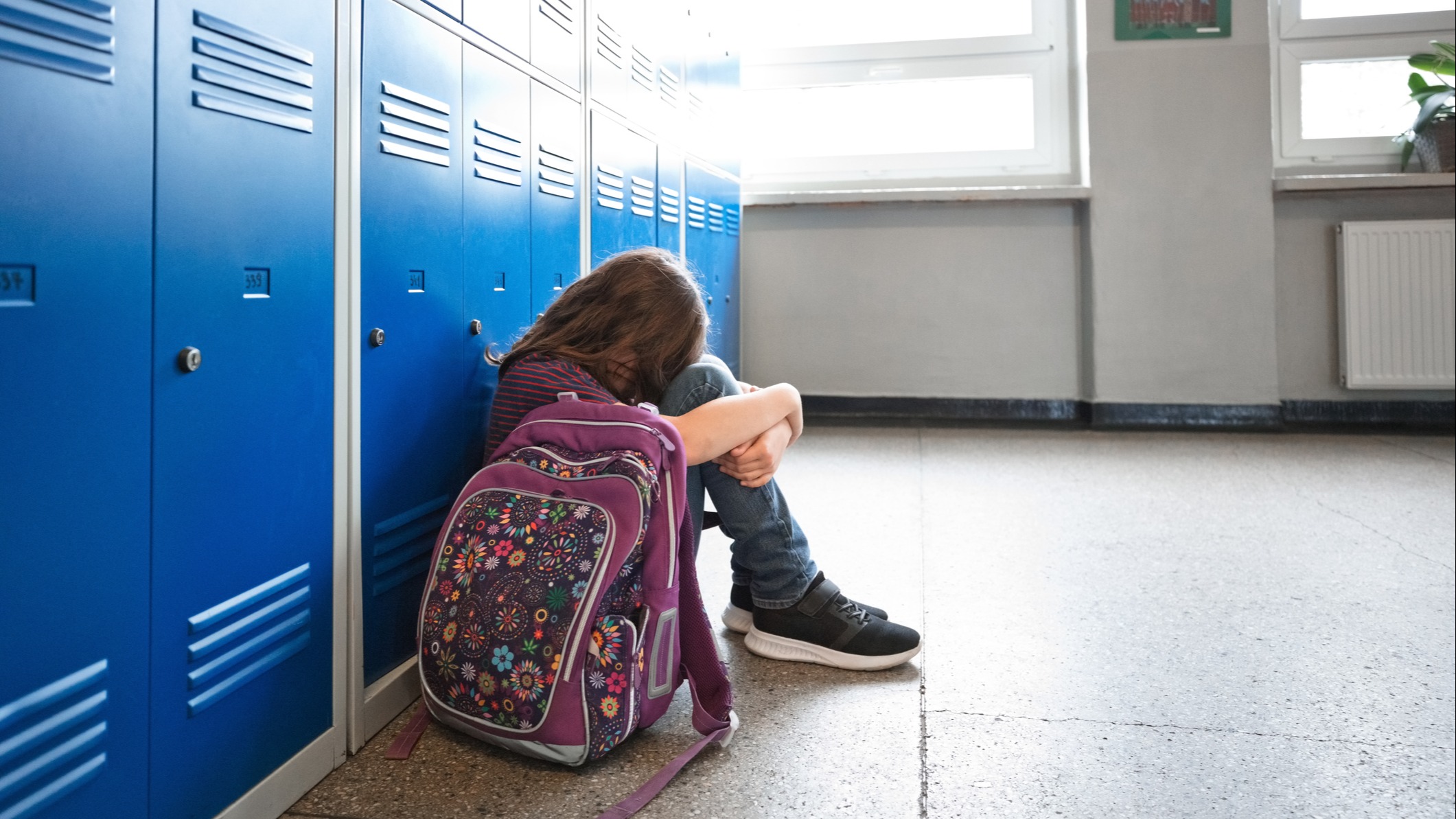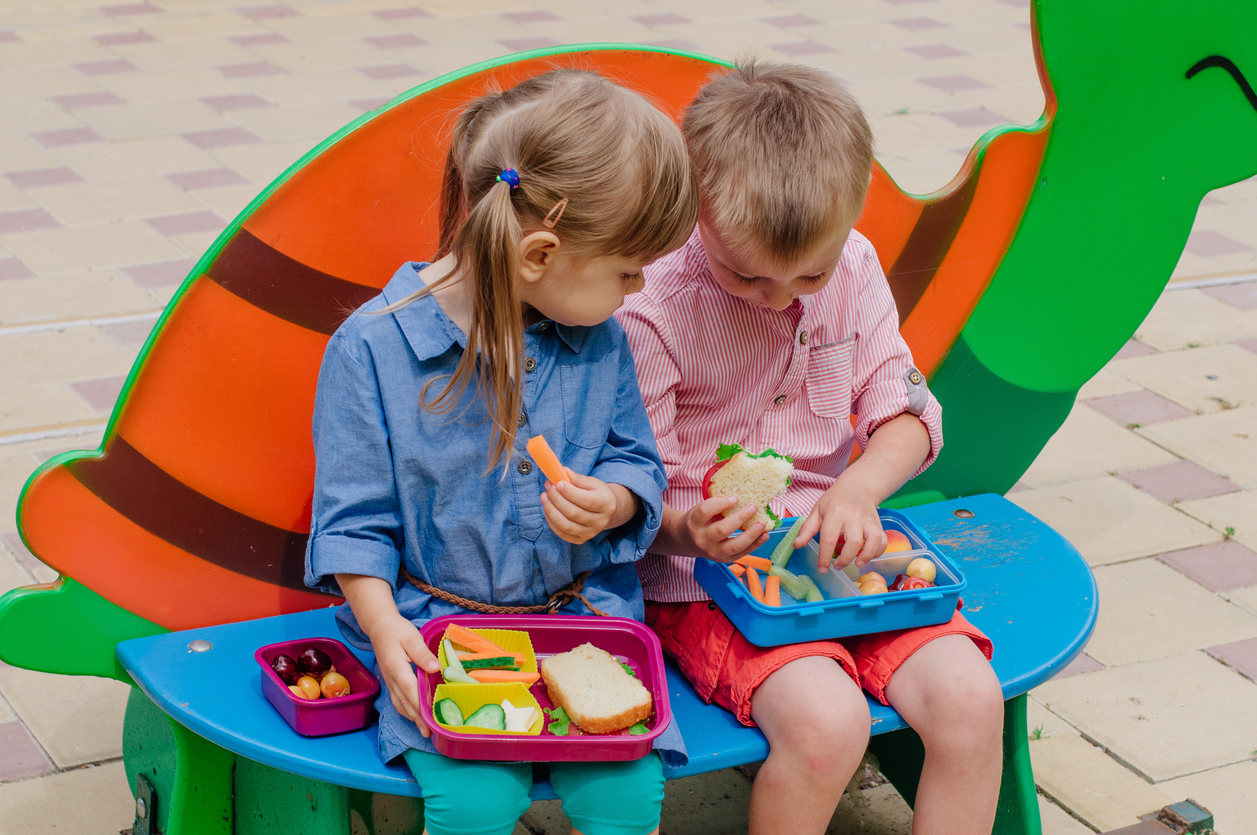
Depression can affect anyone, no matter their age, where they live, their financial status, or any social factors. Though generally, the harder your life, the more likely one is to have depression, but one of the most dangerous things to do — especially with children — is to assume that someone isn’t suffering because they have a roof over their head and three square meals a day.
While we all know about the obvious signs of childhood sadness, like moping around or having crying fits, there are some quieter signs of clinical depression that can slip under the radar. It can be difficult for kids to express themselves in a succinct and coherent way when it comes to their mental health, especially for children under 10. So it’s up to us to recognize the signs, without judgment, in order to help them.
Feelings of Guilt

From breaking a favorite toy to forgetting a homework assignment, it's normal for children to experience guilt from time to time. However, when this guilt becomes a constant occurrence, it might be a cause for concern. Kids grappling with depression may exhibit an exaggerated sense of guilt, blaming themselves for events beyond their control or for minor mishaps that others would easily shrug off.
They might apologize excessively or express a persistent belief that they are somehow inherently bad or flawed. They may also always skip dessert, become sad when you give them a gift, or self-sabotage their friendships or personal goals.
This random sense of guilt often doesn’t even have a trigger, and they may feel like a burden simply by being there. When a child is depressed, they — just as adults will — focus more on the negative than the positive. Constantly focusing on things they have done wrong — or what they think they have or will do wrong — will get them stuck in a cycle of blaming themselves.
Concentration and Performance Issues

There are tons of reasons why a child may struggle to focus or is getting low grades, and a lot of them are fixed pretty quickly. But when these issues persist despite efforts to address them, it might be worth considering whether there's an underlying emotional cause. Depression can impair cognitive function, making it difficult for children to concentrate on tasks or perform at their usual pace.
They may also be zoning out during class to ruminate on things that are making them upset, missing large chunks of class because they are preoccupied. When the time comes to study or do homework, they may also be too exhausted to do anything, never mind paying attention to their work. Keep a close eye on whether your child's academic struggles coincide with changes in their mood or behavior, as it could be a sign that they need help with their mental health.
Seemingly Random Meltdowns

Temper tantrums and emotional outbursts are par for the course in childhood. However, when these meltdowns occur frequently and seem disproportionate to the situation at hand, it might be a sign that something more serious is going on. We’ve spoken before about how meltdowns are common with autism and ADHD, though similar outbursts are also common in kids with depression.
Children overwhelmed by depressive feelings may struggle to regulate their emotions, leading to sudden and intense explosions of emotions that leave both parents and children feeling exhausted and raw. These meltdowns might seem to come out of nowhere or be triggered by seemingly “minor” incidents. However, recognizing the pattern and understanding that these outbursts may be a cry for help can be the first step toward providing support and assistance.
Frequent Aches and Pains

Complaints of headaches, stomachaches, or general body aches are common among children and are often dismissed as part of growing up. However, when these physical complaints become a frequent occurrence and doctors fail to uncover any underlying health issues, it's worth considering that there's a psychological component at play.
Many studies have been done suggesting a correlation between chronic pain and depression in children, with emotional factors exacerbating normal growing pains. Mental health issues usually always come with physical side effects, and in depression they are usually back pain, diarrhea, fatigue, and dizziness. Often these symptoms become lesser once your child gets the therapeutic help they need, although medication can also be a help.
Extreme Picky Eating

Most people view picky eating as a character flaw and an inability to want to experience change. But no one wants to be a picky eater; it’s not some petty act to make parents feel stressed. In many cases, picky eating is actually a sensory issue, particularly for children with ADHD and autism. Depressed children, similarly, are prone to being picky eaters for many reasons.
The most obvious reason is that clinical depression has a chemical effect on the appetite, making some people under-eat, some people eat more than they usually would, or change what foods they have an aversion to. For some children, dramatically changing what they eat is a way of exerting control in a world that feels chaotic and overwhelming. Sometimes a child's diet just changes over time, for worse or for better. If you’re noticing a sudden or worrying change — in their mood while they’re eating specifically — it’s worth looking into why this is.







